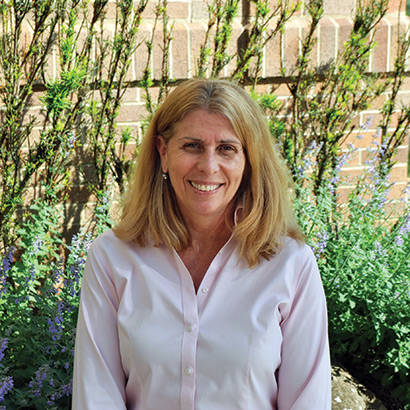
These are troubling times in which we are living. And, I don’t think I’m alone when I say that the tragic events last month in Charlottesville, Virginia, were among the saddest and most divisive moments in our nation’s history. It was a day when the First Amendment was uprooted from its foundation and turned on its head. On that day, racist rhetoric erupted in physical violence, resulting in the death of an innocent woman. What should have been nonviolent protests against removing a statue of General Robert E. Lee from a city park, quickly escalated into violence. White nationalists, the Ku Klux Klan and neo-Nazis, some armed with weapons and riot gear, took their anger out on counterprotesters who also descended on the park, and its surrounding area, to denounce these groups by protesting against their hate-filled message.
The city of New Orleans has experienced its share of controversy on this very topic. On May 19, 2017, the city removed the last of four Confederate statues that were once prominently displayed throughout New Orleans. Those in opposition believed the government was trying to erase the city’s history and culture. However, in a speech following the statue’s removal, New Orleans Mayor Mitch Landrieu explained his decision, stating: “The historic record is clear. The Robert E. Lee, Jefferson Davis and P.G.T. Beauregard statues were not erected just to honor these men, but as part of the movement which became known as The Cult of the Lost Cause. This ‘cult’ had one goal — through monuments and through other means — to rewrite history to hide the truth, which is that the Confederacy was on the wrong side of humanity.”
Although this decision has sparked anger and outrage on both sides of the issue, one thing is for certain, New Orleans is a resilient city that can overcome any obstacle in its path — whether by man or Mother Nature. NRPA is proud to host the 2017 NRPA Annual Conference in the Crescent City, which is home to the Sanchez Center, one of the foremost multipurpose centers in the United States. Designed in the aftermath of Hurricane Katrina, the Sanchez Center serves as a testament to community unity, reminding us all that as a city, we’re stronger together despite our differences. In addition, NRPA recently added an education session, titled “Confederate Memorials in Parks: Symbols of Heritage or Hatred?” to examine the controversy surrounding these monuments. I highly recommend attending this special discussion.
No doubt, as park and recreation professionals, we have been placed squarely in the middle of this critical debate. However, parks should be places that unite communities, not divide them. It’s our job to create places that respect the opinions of all community members and welcome people from all walks of life — no matter their race, creed, gender or sexual orientation. While it’s clear not everyone agrees that these monuments should be removed, I’m confident that most people in our industry would, without hesitation, agree racism and hate have no place in parks and recreation — nor anywhere else for that matter.

